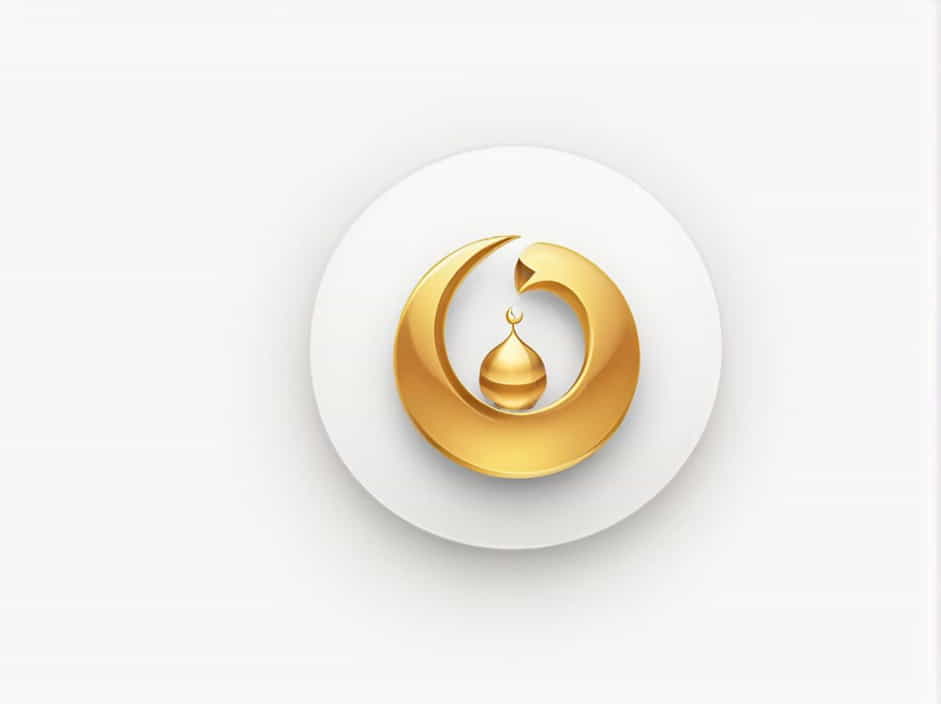Many people often use the terms Muslim and Islam interchangeably, assuming they mean the same thing. However, while they are closely related, they have distinct meanings. Understanding the difference between Muslim and Islam is essential for clarity, especially for those who are new to learning about the religion.
This topic explains the difference between the two terms, their origins, and their significance in the context of faith and practice.
Understanding Islam
What Is Islam?
Islam is a monotheistic religion that believes in one God, Allah. It is the second-largest religion in the world, with over 1.9 billion followers. Islam teaches that Allah is the Creator of everything, and He sent guidance to humanity through prophets, with the final and most important revelation given to Prophet Muhammad (peace be upon him).
The word Islam comes from the Arabic root ‘s-l-m’, which means peace, submission, and obedience. Islam, as a religion, emphasizes complete submission to the will of Allah.
The Core Beliefs of Islam
Islam is based on six fundamental beliefs, known as the Six topics of Faith:
-
Belief in Allah – The one and only God.
-
Belief in Angels – Spiritual beings created by Allah.
-
Belief in Holy Books – The Quran, Torah, Psalms, and Gospel as divine revelations.
-
Belief in Prophets – Including Adam, Noah, Abraham, Moses, Jesus, and Muhammad.
-
Belief in the Day of Judgment – The final accountability of deeds.
-
Belief in Divine Decree (Qadr) – Everything happens according to Allah’s plan.
The Five Pillars of Islam
In addition to beliefs, Islam is practiced through the Five Pillars, which are essential acts of worship:
-
Shahada (Declaration of Faith) – Bearing witness that ‘There is no god but Allah, and Muhammad is His Messenger.’
-
Salah (Prayer) – Performing the five daily prayers.
-
Zakat (Charity) – Giving a portion of wealth to the needy.
-
Sawm (Fasting during Ramadan) – Observing fasts from dawn to dusk.
-
Hajj (Pilgrimage to Mecca) – A journey required once in a lifetime for those who can afford it.
These pillars define Islam as a religion and way of life that shapes the actions and beliefs of its followers.
Who Is a Muslim?
Definition of a Muslim
A Muslim is a person who follows Islam. The word Muslim also comes from the Arabic root ‘s-l-m’ and means ‘one who submits to Allah.’ Anyone who sincerely believes in and follows the teachings of Islam is considered a Muslim.
How Does One Become a Muslim?
A person becomes a Muslim by reciting the Shahada, which is the declaration of faith:
‘Ashhadu an la ilaha illa Allah, wa ashhadu anna Muhammadan Rasul Allah.’
This means, ‘I bear witness that there is no god but Allah, and I bear witness that Muhammad is the Messenger of Allah.’
Once a person sincerely accepts this belief, they are considered a Muslim and are expected to follow the teachings of Islam.
Types of Muslims
There are different groups within Islam, but all Muslims share the core beliefs of the religion. The two major sects are:
-
Sunni Muslims – The largest group, following the tradition (Sunnah) of Prophet Muhammad.
-
Shia Muslims – A group that follows the leadership of Imam Ali, the cousin of Prophet Muhammad.
Despite these differences, all Muslims believe in one Allah, the Quran, and Prophet Muhammad as the final messenger.
Key Differences Between Muslim and Islam
Although the terms are related, Muslim and Islam are not the same. Here are the main differences:
| Aspect | Islam | Muslim |
|---|---|---|
| Definition | A religion that teaches submission to Allah. | A person who follows the religion of Islam. |
| Meaning | ‘Submission to Allah.’ | ‘One who submits to Allah.’ |
| Category | A belief system, faith, and way of life. | A follower of the belief system. |
| Usage | Islam is a noun that refers to the religion itself. | Muslim is a noun or adjective that describes a person or community. |
| Example in a sentence | ‘Islam is one of the largest religions in the world.’ | ‘She is a Muslim who follows Islamic teachings.’ |
This distinction helps in using the terms correctly and understanding their proper meanings.
Common Misconceptions
1. Are All Arabs Muslims?
No, not all Arabs are Muslims, and not all Muslims are Arabs. Islam is a global religion, and its followers come from diverse backgrounds. In fact, the largest Muslim population is in Indonesia, not an Arab country.
2. Are Islam and Muslim the Same Thing?
No, Islam is the religion, and a Muslim is a follower of Islam. Saying ‘Muslim religion’ or ‘Islamic person’ is incorrect. The correct phrases are ‘Islamic teachings’ and ‘Muslim individual.’
3. Is Islam Only for a Specific Group of People?
No, Islam is for all of humanity. Anyone, regardless of race, nationality, or background, can accept Islam and become a Muslim.
The Importance of Understanding These Terms
1. Avoiding Confusion
Misusing Islam and Muslim can lead to misunderstandings. For example, saying ‘She practices Muslim’ is incorrect because Muslim refers to a person, not a religion.
2. Respecting Cultural Sensitivities
Knowing the difference between the two helps in communicating respectfully and accurately when discussing religious matters.
3. Strengthening Interfaith Understanding
When people correctly understand Islam as a religion and Muslims as its followers, it promotes better relationships between different religious communities.
While Islam and Muslim are related, they are not the same. Islam is the religion, and a Muslim is someone who follows it. Understanding this distinction is important for clear communication and deeper appreciation of the faith.
Islam is a way of life, and Muslims strive to live by its teachings through belief, worship, and good character. By learning more about Islam and its followers, people can build respect and understanding in a world that is increasingly connected.
